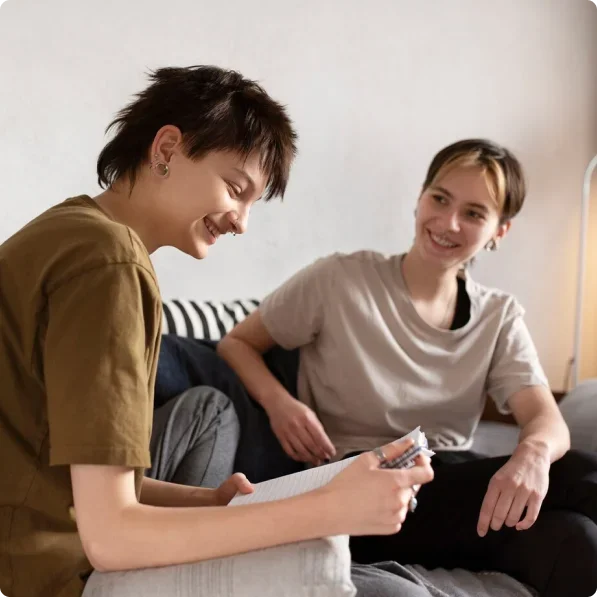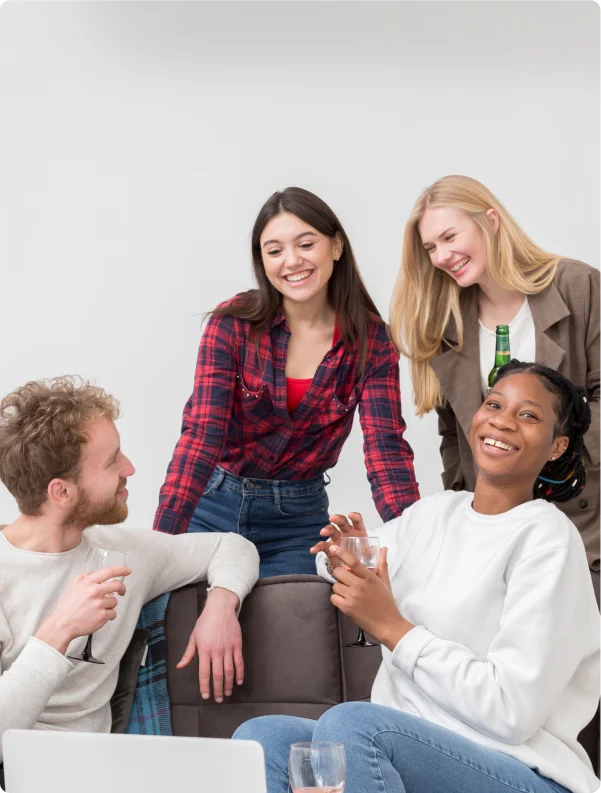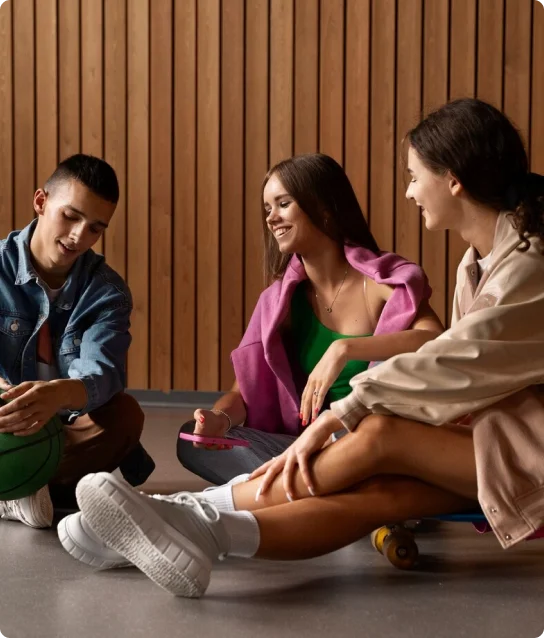Residential Treatment for Teens
Recovery, Healing, and Growth
Teens need a haven where they aren’t judged — a place that provides personalized and specialized tools to assist in a smooth transition to adulthood. Polaris’ Residential Treatment Programs give struggling teens the tools they need to live happy, healthy lives. As one of the top adolescent residential treatment centers in the US, our staff has the clinical expertise and experience to work through any adolescent challenge and empower teens toward long-term acceptance of themselves and others. Polaris’ Residential Treatment Programs also address eating disorders, providing specialized care to ensure comprehensive and individualized therapeutic approaches.
Individual Care for Individual People
Our clients benefit from proven, evidence-based treatments. These treatments help begin building their new foundation of lasting recovery. Each client is different. Polaris utilizes multiple therapeutic modalities and highly personalized care. This approach helps improve outcomes and reduce the chance of relapse. Our goal is to reduce or eliminate the root cause of destructive behavior. This is achieved by providing troubled adolescents with lasting recovery, which includes foundational tools they can use for the rest of their lives.
Who We Treat
We emphasize the importance of individualized mental health treatment, using tailored therapy approaches and evidence-based methods to address specific diagnoses and symptoms.
Residents in our facility include boys and girls ages 13 through 17, who typically suffer from:
- Psychological Disorders
- Behavioral Disorders and Behavioral Health Issues
- Mental Health Disorders
- Other Social and Emotional Issues
Secondary
Evidence-Based Treatments
- Family Systems Therapy
- Psychoeducation Group Therapy
- Brain Spotting
- Somatic Experiencing
Polaris’ clinical team holds degrees in the following: Doctor of Psychology (PsyD), Doctor of Medicine (MD) in Psychiatry, Clinical Psychology, and Pediatrics.
Primary and Family Therapists at Polaris include Licensed Clinical Social Workers (LCSW), Licensed Marriage and Family Therapists (LMFT), and Associate Marriage and Family Therapists (AMFT).
Experiential Treatments
Additionally, we understand that sometimes the most powerful breakthroughs happen through experience. We have included a variety of experiential groups, therapy sessions, and physical activity in our programming. Experiential therapy activities include brain spotting, surfing, meditation, yoga, hiking, and swimming. Your child requires a treatment team of dedicated, experienced experts skilled at assessment, treatment, and aftercare planning. Discover the Polaris Difference. Contact our intake and assessment team to learn more about our adolescent residential treatment centers in California. Schedule a tour or verify insurance benefits.
Experiential Treatment Groups Include
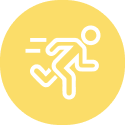
Active Therapy
Therapy Methods:
- Surfing Therapy
- Yoga
- Meditation and Mindfulness
- Martial Arts and Physical Training
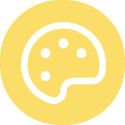
Creative Arts
- Music Therapy
- Creative Writing
- Art Therapy
- Drama and Improv

Recreational Therapy
- Hiking
- Swimming
- Gardening
- Outings (museums, movies, beach)
Teen Mental Health Facts
20%
20% of adolescents have a diagnosable mental health disorder.
Suicide
For young individuals ages 15-24, suicide is the second leading cause of death.
15-18%
15-18% of teens experience a mood episode by the time they are 18.
30%
30% of teens with depression develop a substance abuse addiction.
80%
80% of teens with anxiety disorder and 60% of teens with depression didn’t receive treatment in 2015.
1 in 5
2005 to 2014
From 2005 to 2014, adolescents who had major depressive episodes increased by ⅓.
Strong Bonds
Adolescents who have a strong bond with a caring adult are less likely to engage in risky behaviors.
A Focused Education
Individual therapy, family therapy, and group therapy comprise a large part of our programming. Each child will also continue working on his or her schooling. Individual school requirements are met through an in-house class time that meets five days a week. Our Education Coordinator, a multi-subject credentialed teacher with extensive adolescent mental health experience, is able to work with your child on his or her educational goals. Promoting structured study habits that lead to success in and out of the classroom.
Our teacher also acts as a liaison between the child’s current school. They will enroll the child in an online program and work towards college applications or a GED. Or whatever the child specifically needs. Polaris®’ Education Coordinator will take the residents on several outings during their stay. Whether to the library, a cultural landmark, or one of Los Angeles’ many museums.
